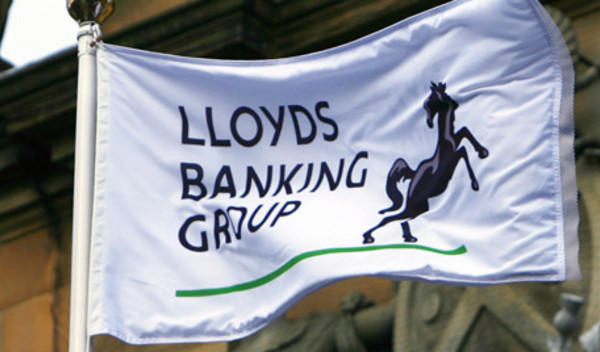

Lloyds Banking Group has agreed to set up a redress scheme for mortgage customers who incurred fees after they fell behind with their mortgage payments.
Following engagement with the Financial Conduct Authority (FCA), Lloyds acknowledged that when customers fell into arrears, they did not always do enough to understand customers’ circumstances to be confident that their arrears payment plans were affordable and sustainable.
As a result, Lloyds has today (27 July) committed to refund all fees charged to customers for arrears management and broken payment arrangements from 1 January 2009 to January 2016.
For those mortgage customers who entered its litigation process during this period, this will include any litigation fees that were applied unfairly.
Lloyds will also offer payments for potential distress and inconvenience, and consequential loss which customers may have experienced as a result of not being able to keep up with unsustainable repayment plans.
Lloyds estimates that approximately 590,000 customers will receive redress payments, totalling around £283m.
Jonathan Davidson, executive director of supervision for retail and authorisations at the FCA, said: “Ensuring fair treatment of customers, especially those in financial difficulties or who are vulnerable, is a key priority for the FCA.
“We continue to engage with Lloyds as it works to improve the way it treats customers in arrears.”
The redress scheme will refund the accrued interest on all fees up to the remediation date or, where customers have already paid the fees, the date when the fees were paid.
Lloyds will also pay an additional 8 per cent interest for customers deprived of funds.
Lloyds will write to all affected customers to explain the refund they will receive and to prompt them to make a claim for any distress and inconvenience they may have experienced. Lloyds will also advise customers to consider whether they suffered any consequential losses as a result of this issue, such as a direct debit fee charged because of a broken payment plan.
Customers do not need to take any action until they are contacted by the bank.
The agreement with the FCA came as Lloyds Banking Group reported a 4 per cent increase in first-half profit despite being forced to set aside £1.1bn for mis-selling payment protection insurance due to an uptick in compensation claims.
The bank, which was fully returned to private ownership in May, posted a pre-tax profit of £2.5bn in the six months to the end of June, undershooting analyst estimates of £2.9bn.
Lloyds earmarked more for PPI as the number of claims has increased over the past few months ahead of the compensation deadline in August 2019.
The bank set aside £350m for PPI in the first quarter.
The latest provision takes Lloyds’ total cost for PPI to more than £18bn, more than any other UK bank.
Stripping out one-off costs such as PPI, the bank reported an underlying profit of £4.5bn, up from £4.2bn in the same period last year.
emma.hughes@ft.com



